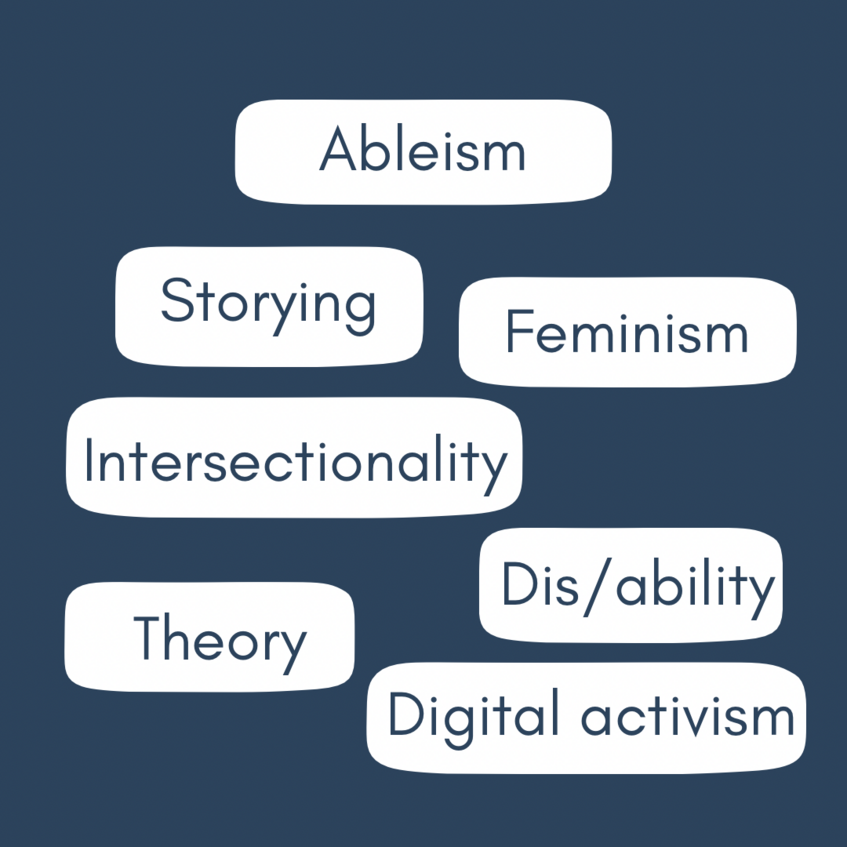Forschungsprojekt

Schlagwörter
In diesem Forschungsprojekt wird gemeinsam mit feministischen behinderten Aktivistinnen aus Ländern im globalen Norden untersucht, wie, von wem/für wen und zu welchem Zweck Ableism bislang in Wissenschaft und Aktivismus thematisiert wurde. Dabei geht es vor allem darum, inwiefern in der Thematisierung von Ableism das Zusammenspiel von (Nicht-)Behinderung, Geschlecht, sozialer Klasse und Race berücksichtigt wird. Außerdem wird erforscht, wie die Aktivistinnen selbst in ihrem Aktivismus (unter anderem in digitalem Aktivismus, zum Beispiel in den sozialen Medien) Ableism und körperliche Normalitätsvorstellungen kritisieren und inwieweit sie dabei Bezug auf verschiedenen Formen von Benachteiligung aber auch Privilegien nehmen, die die Folgen von Ableism prägen. Die durch ihren (digitalen) Aktivismus gegen Ableism erzählten ‚Geschichten‘ werden gesammelt, in Kooperation verschriftlicht und miteinander verknüpft. Gemeinsam wird dann in Diskussionsgruppen untersucht, welche Folgen Ableism für andere Frauen aus dem Umfeld der Aktivistinnen hat, sowohl bezogen auf Behinderung als auch darüber hinaus. Das Ziel des Forschungsprojekts ist es, gemeinsam einen feministischen intersektionalen Zugang zu Ableism zu entwerfen und herauszuarbeiten, wie ein solcher Ansatz Vorstellungen von Fähigkeit in unterschiedlichen Kontexten aufdeckt.
